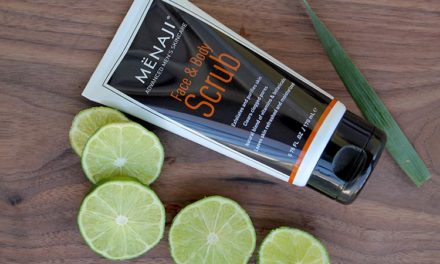You need to sweat. It’s your body’s way of cooling itself. When your temperature rises, through things like a hot climate or exercise, your nervous system automatically triggers your sweat glands to cool you down. Sweating can also occur when you are anxious.
While sweating is a necessary part of your body’s mechanisms, excessive sweating, which is known medically as hyperhidrosis, isn’t necessarily related to things like heat and exercise. When you excessively sweat, it can disrupt normal daily activities because the sweat can soak through your clothes and drip off your hands. Unfortunately, that also means many people who excessively sweat face embarrassment and social anxiety. Excessive sweating can occur due to various reasons. It could happen due to having a medical condition like diabetes, low blood sugar, or a nervous system disorder, or it could be a side effect of a medication. Excessive sweating can also happen for no obvious reason. If you find yourself sweating excessively, the good news is there are several simple and effective ways to tackle it. So, don’t sweat it.
1. Use the Right Antiperspirant
You may not be aware of it, but there’s a big difference between deodorants and antiperspirants. Typically, deodorants just make you smell nice. They don’t actually cause you to not sweat. On the other hand, antiperspirants do exactly what they sound like: they stop you perspiring. Antiperspirants come in many different forms, though. Some are better than others. For excessive sweating, you need an aluminum-based antiperspirant. You can also find some aluminum-based deodorants. The only trouble is, many over-the-counter roll-ons and sprays simply don’t cut the mustard when it comes to dealing with hyperhidrosis. To prevent excessive sweating using deodorants and antiperspirants, you need a product like Duradry that has been specifically developed to tackle excessive sweating.

2. Use Other Products
In addition to finding an excellent antiperspirant, there are other products you can buy to help your condition. There are items like armpit sweat shields that help to protect your clothing from excessive sweat, foot powders for sweaty feet, and soap substitutes that are kinder on your skin. Ask your pharmacist or doctor about the various products available.
3. Change What You Wear
You can minimize excessive sweating by wearing loose-fitting clothes. You should also wear socks that are able to absorb moisture. If possible, change your socks twice a day. To prevent your feet from sweating more, wear leather shoes, and try to wear a different pair of shoes each day. Avoid wearing tight clothes and synthetic fabrics like nylon that can make you sweat more, and do not wear enclosed boots or shoes.
4. Avoid Things That Make Sweating Worse
You do not want to cut out healthy things that make you sweat, like exercises and other physical activities, as the benefits of working out far outweigh the sweating. But in addition to avoiding tight-fitting clothes and synthetic fabrics, you can avoid other things that make sweating worse, such as drinking alcohol and eating spicy food.
5. See a Doctor When All Else Fails
If you try all of the above methods and nothing seems to be working, you need to speak to your doctor. You could be referred to a dermatologist to explore the range of treatments suitable for your condition. You could be prescribed tablets to reduce sweating, or you could undergo iontophoresis, which involves a weak electric current passing through a wet pad. In more extreme cases, you could require Botox injections for sweating under the armpits or surgery for something like the removal of sweat glands. However, most people who sweat excessively are able to improve their conditions with things like wearing loose clothing and using the right antiperspirants.















